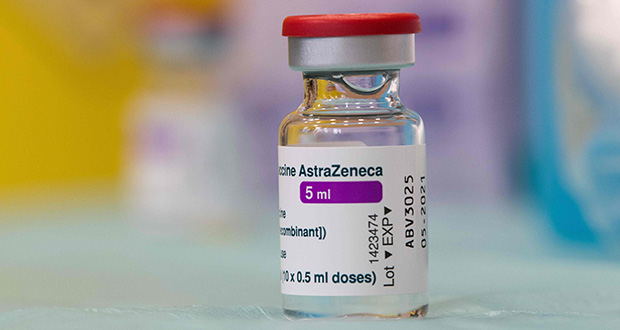Vaccinate the most at-risk Australians – then send surplus supplies to countries that need them.
That’s the message from ethics researcher Dr Ben Bramble and infectious diseases specialist Professor Peter Collignon.
The pair, from Australian National University, argued in an article for The Guardian that Australia's goal of vaccinating as many Australians against COVID-19 as quickly as possible was not the strategy the world needs now.
"Vaccinate our most vulnerable citizens, health workers and hotel quarantine staff immediately – no question about that," they said. "As for the rest of us? We can wait."
Bramble and Collignon said the likelihood of Australia opening its borders hinged on the success of the global vaccination project.
"We will vaccinate everyone in Australia – let those at-risk people in poorer countries get it before our healthy 30-year-olds here, while we're able to keep the virus under control."
The authors said Australia has enough contracted supplies of coronavirus vaccines to inoculate the entire population three times.
"That's the kind of hoarding problem among rich countries that the World Health Organization has been warning us about.
“Norway and several other countries have already committed to donating substantial amounts of the vaccines they have procured.”
The government confirmed it had doubled Australia’s order of the Pfizer vaccine last week, striking a deal for a further 10 million doses.
Secretary of the Department of Health Professor Brendan Murphy told national cabinet on Friday that the government may now be able to broaden access to the Pfizer vaccine depending on when the extra doses arrived onshore.
Tests suggested the jab had a higher efficacy rate than the AstraZeneca version, but Murphy said both were “extremely effective” at reducing serious illness.
“It’s made locally and we’ll have plentiful supply,” he said.
Bramble and Collignon said Australia “should export much of the AstraZeneca vaccine we are making now in Melbourne to countries that need it more than us – as either sales or foreign aid.
"With the capacity to produce a million doses of the highly transportable AstraZeneca vaccine every week, Australia has a special responsibility here.
"If rich countries like Australia don't export any of the vaccines they produce, then poor countries aren't going to get much at all for quite a while."
While Australia has made a “good start” by committing supply of vaccines surplus to its needs to countries in the Pacific and south-eat Asia, it can do much more, Collignon said.
Murphy said on Friday that the COVID-19 vaccination rollout was on track to commence in late February for priority groups.
“We will be offering the Pfizer vaccine to border workers, quarantine workers, very exposed frontline healthcare workers, such as ICU, emergency department, and most importantly, the most vulnerable people – people in residential aged care, residential disability care, and those workers,” Murphy said.
He also played down fears the AstraZeneca jab would not be safe for elderly people after Belgian authorities recommended against it being administered to those aged over 55.
“There is no evidence that the AstraZeneca vaccine is not effective for older people,” he said.
“It’s simply that there is a paucity of trial data. [But] there’s quite good laboratory data suggesting it produces a good immune response.”
Do you have an idea for a story?Email [email protected]
 Aged Care Insite Australia's number one aged care news source
Aged Care Insite Australia's number one aged care news source

